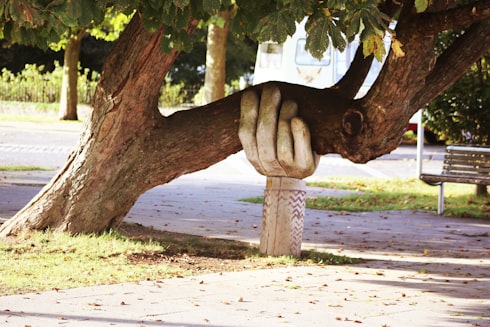
How Gratitude Helps
Practicing gratitude boosts care for others
Over the last three decades, research into gratitude has established two important insights:
- Gratitude is something we can do deliberately; it’s a practice not just a feeling that comes and goes.
- The practice of gratitude has clear and direct benefits for a person’s wellbeing. Practicing gratitude directly leads to increased happiness, resilience, and all kinds of other positive outcomes.
Despite all of this, we might be tempted to look cynically at practiced gratitude, especially when we live in a world with too much suffering and injustice. Gratitude can feel like a naive distraction from the difficult work of solving real problems. It also can feel like little more than an expression of privilege that many people do not enjoy.
But more recent research is showing that gratitude makes things better for others, not just for the grateful people.
Gratitude enhances our empathy and compassion
A 2018 study in the Journal of Positive Psychology and Wellbeing evaluated patterns of gratitude, empathy, and compassion in over 200 respondents. The authors found that “those who are more grateful tend to have greater empathy and compassion toward others.” These results reaffirmed previous research showing that gratitude predicts prosocial behavior, forgiveness, a sense of meaning, and empathy.
Expressing gratitude increases helping behavior in others
Adam Grant and Francesca Gino revealed in their 2010 paper that showing gratitude to others—in this case with a thank-you note—increased the likelihood that the recipients would offer help to the person who wrote the note. But even more interesting, it also increased the chances that the recipient would help others as well. These results held up outside of the lab in two different field experiments. People who are thanked are more likely to feel social validation and want to help others in return.
Two practices that help
So how do we make this happen in ourselves and others? Here are two simple, research-backed practices that consistently produce gratitude and its benefits:
- Every day, recite three good things you are grateful for. This can be in a moment of meditation or prayer, in a journal, or in conversation with someone else. (I do this as part of a daily journal practice and it works for me.) Even just a few weeks of this practice has repeatedly shown significant results.
- Write more thank-you notes. Research has shown that we consistently underestimate the positive benefits that come from expressing gratitude and we overestimate the awkwardness of doing so. And thank-you notes have a measurable benefit to the sender, too, not just the recipient.
So the next time you feel an urge to dismiss gratitude as naive or privileged, remember that it helps you better help others. If you don’t want to practice gratitude for yourself, do it to help someone else.
Seeing Good at Work
This week instead of highlighting an organization, I simply want to draw attention to the good work in the sacrifices so many are making during the Covid-19 pandemic. We owe a deep debt of gratitude to healthcare professionals, researchers, and front-line workers for their tireless efforts.

As we head into the holiday season we won’t have the same opportunities to be with our loved ones. But doing our part by following health guidelines is the best way for us to show gratitude to the people that are keeping us alive and well and leading us out of this struggle.
Happy Thanksgiving!



